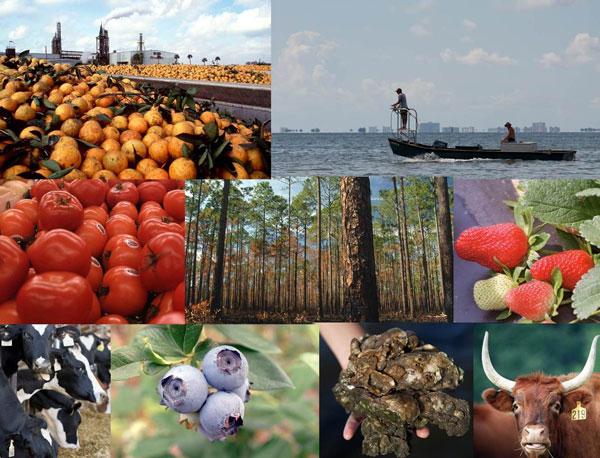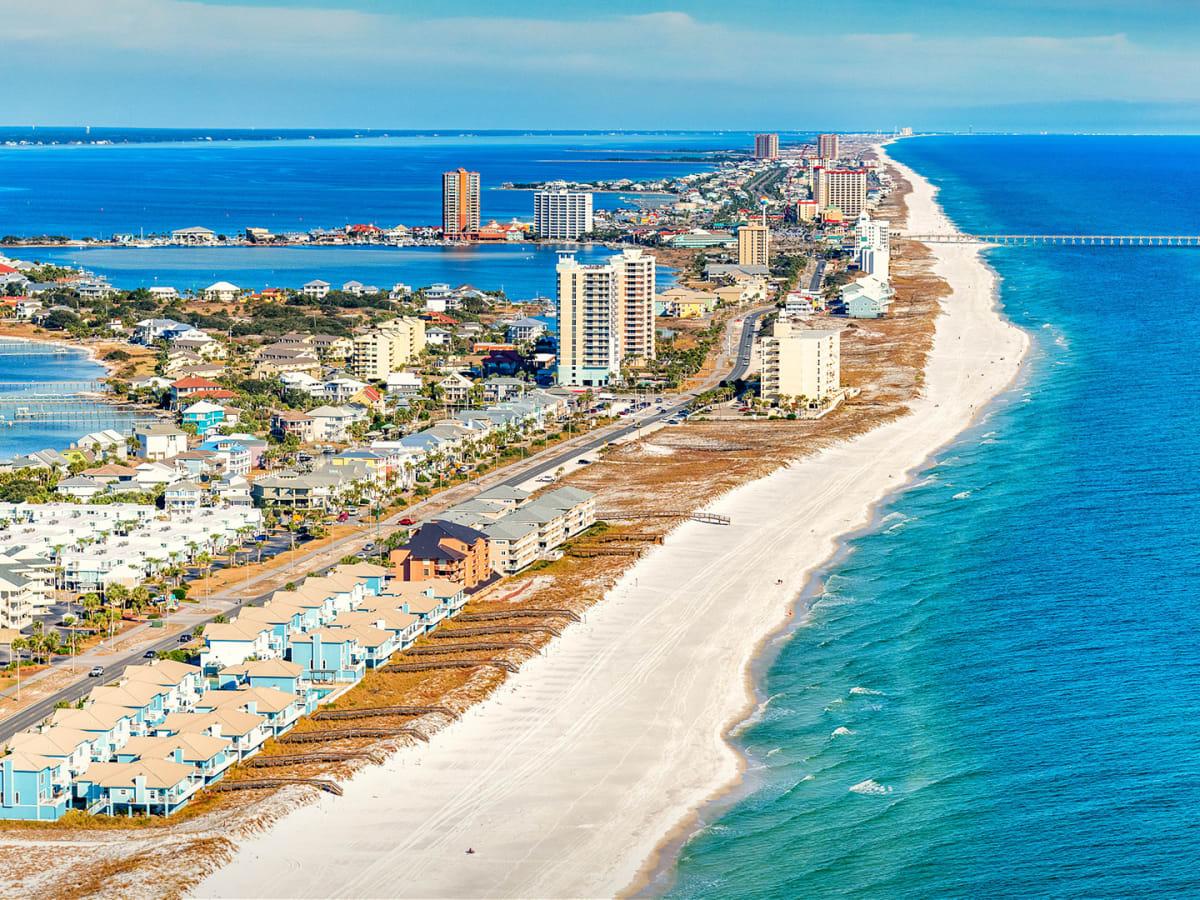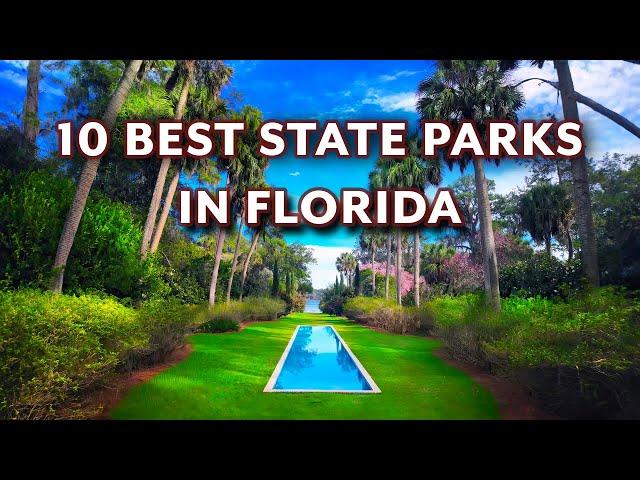In a pivotal move underscoring the delicate balance between advancement and conservation, the Florida House has passed a landmark bill aimed at safeguarding the state’s beloved parks from the encroaching pressures of pickleball courts, expansive golf courses, and large hotel developments. As recreational demands continue to clash with environmental preservation, this legislation marks a meaningful step towards ensuring that Florida’s natural landscapes remain untouched for future generations to enjoy.With the promise of preserving the serenity of these green spaces,the bill invites a broader conversation about the future of Florida’s parks and how we can responsibly manage our cherished outdoor sanctuaries in a rapidly changing world.
Impact of the Bill on Florida’s Natural Resources
The recent legislation passed by the Florida House is set to considerably safeguard the state’s cherished natural resources. By protecting parks from encroachments like pickleball courts, expansive golf courses, and large-scale hotel developments, this bill aims to maintain the ecological integrity and natural beauty of Florida. The legislation recognizes that preserving green spaces is essential not only for wildlife habitats but also for the well-being of Floridians who cherish outdoor recreation and the serenity of nature. Such a move aligns with the growing sentiment prioritizing sustainable development that respects the inherent value of natural landscapes.
This protective measure comes at an opportune moment when many regions are facing rapid development pressures. As communities continue to grow, the potential for conflict between development and conservation intensifies. The bill addresses this challenge by providing clear guidelines on land use, ensuring that preserved areas remain untouched by commercial interests. Some of the anticipated positive impacts include:
- Enhanced Biodiversity: Safeguarding natural parks helps maintain diverse ecosystems.
- Recreational Opportunities: Protecting these areas keeps them available for outdoor activities.
- Local Climate Resilience: Preserved green spaces contribute to urban cooling and improved air quality.

Balancing Recreational Needs with environmental Preservation
as communities across Florida grapple with the growing demand for recreational spaces, the challenge lies in *harmonizing* these needs with the imperatives of environmental preservation. Facilities for sports like pickleball and golf, while invigorating local economies and enhancing community engagement, can significantly impact natural habitats. Striking the right balance is crucial to ensure that developments do not encroach upon ecosystems which are vital to Florida’s biodiversity. Effective measures must be put in place that prioritize:
- Eco-Pleasant Development: Building sustainable sports facilities that minimize land disruption.
- Buffer zones: Setting aside natural areas that act as shields against environmental degradation.
- Community Input: Engaging the public in discussions about recreational space proposals to incorporate diverse perspectives.
Moreover, protecting parks from excessive commercialization, such as large hotel developments, can help maintain the integrity of these green spaces. The legislation aims to preserve the tranquil character of parks while allowing for carefully planned recreational activities. By fostering a holistic approach to land use, lawmakers can facilitate a coexistence that benefits both residents and the surroundings. Key considerations include:
| Strategy | Description |
|---|---|
| Restrictive Zoning | Laws that limit the types of development allowed in park areas. |
| Infrastructure Investment | Funds directed towards enhancing existing facilities rather than creating new ones. |

Community Reactions: mixed Feelings Among Residents
As the Florida House moves forward with legislation aimed at safeguarding parks from the encroachment of pickleball courts, golf courses, and expansive hotel developments, local residents find themselves divided. supporters of the bill argue that it is indeed a crucial step toward preserving the natural beauty and recreational spaces that many Florida communities cherish. They emphasize the importance of maintaining green spaces for future generations and ensuring that public parks remain accessible and enjoyable.
Conversely, opponents express concerns about the potential economic repercussions of the legislation. Business owners and developers fear that restricting development could hinder local growth and job creation. Key points of contention among residents include:
- Economic Concerns: Some residents worry that limiting commercial development will lead to decreased revenue and fewer job opportunities.
- Quality of Life: Others believe that more recreational facilities can enhance community life and foster social connections.
- Parks vs. Progress: Many are torn between the desire to protect natural spaces and the needs of a growing population.

Long-term Implications for Florida’s Tourism and Economy
The recent legislation aimed at protecting Florida’s cherished parks signals a pivotal shift in the state’s tourism and economic strategies. By curbing developments associated with pickleball,golf,and large hotel chains,lawmakers are prioritizing the preservation of natural landscapes that have long drawn visitors to the sunshine state.This decision not only safeguards the ecological balance but also enhances the appeal of Florida’s unique outdoor experiences, which are vital for attracting eco-conscious travelers. The bill fosters a tourism model rooted in sustainability, ensuring that pristine parks remain accessible for both residents and tourists seeking recreational activities.
Moreover, the long-term economic implications of this bill may extend beyond immediate park protection. By preserving these green spaces, Florida aims to maintain and boost local businesses reliant on outdoor tourism such as kayaking, hiking, and wildlife tours. Attention to these developments can result in increased job opportunities within the hospitality sector while promoting local artisans and vendors. As the demand for authentic, nature-centric Florida experiences rises, communities surrounding these parks may see revitalization, enhancing the overall economic health of the region.
Concluding Remarks
the recent passage of the bill by the Florida House marks a significant step in preserving the integrity of the state’s cherished parks. As the discussion around development intensifies, this legislation serves as a reminder of the delicate balance between progress and conservation. By prioritizing the protection of natural spaces over the expansion of pickleball courts, golf courses, and large hotel developments, Florida lawmakers are championing a vision for the future that honors the environment and the recreational needs of its residents. As we move forward, the commitment to safeguarding these green havens will be vital in maintaining the state’s unique landscape for generations to come. It’s an ongoing conversation, and one that will surely shape the identity of Florida’s parks in the years ahead.

